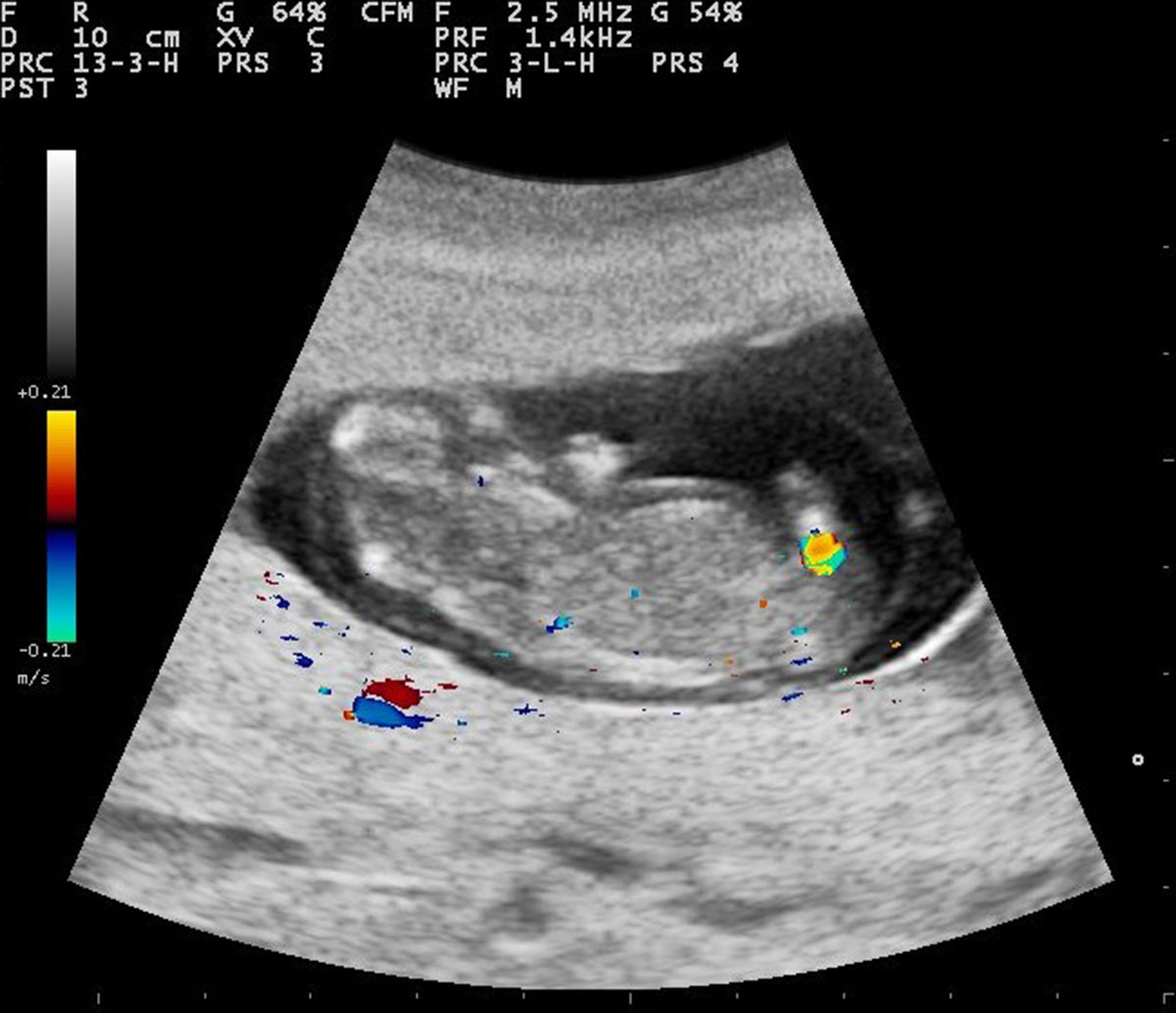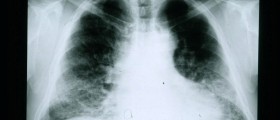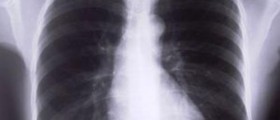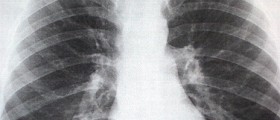
In this article we will explain the relevance between fluid in lungs and heart failure. We will look upon the main causes and symptoms that are related to congestive heart failure and fluid in lungs. The fact is that fluid gathers in the lungs due to the weakened strength of left ventricle of the heart. Another name for fluids used in medical terminology is pulmonary edema and lung congestion. The main cause is a heart failure, and, when we say heart failure, we don’t mean the absolute end of the heart functioning; it is meant that the power of heart that is used for pumping isn’t as strong as it should be. Because of that, fluid goes into the air spaces in the lungs, causing disturbances in the proper lung functioning. People who have this kind of problem usually have difficulty in breathing.
Symptoms of fluid in lungs and heart failure
Symptoms that appear in the most cases that are connected with this condition include shortness of breath, difficulty while inhaling, weakness, tiredness, lightheadedness, anxiety and many others. People with this problem can also find it very difficult to sleep unless they have two pillows under their head, and their heart rate can be increased as well. Still, heart failure isn’t the only reason for collecting fluids in lungs. It can also happen due to some other conditions. Kidney failure, pneumonia (lung infection), pancreatitis, drowning, drug overdose, high altitude sickness, pulmonary embolism, fat, amniotic fluid, or blood clot are conditions that can include fluid in lungs, too.
There are some heart diseases that can cause fluid in lungs and heart attack and myocardial infarctions are the most common. Other heart conditions that cause fluid in lungs include tachycardia, thyroid problems, infection of the valves, and many others. When, a patient complains about symptoms that may indicate the connection between heart condition and fluid in lungs, certain tests should be done in order to set a fast diagnose and promptly start the treatment.
Treatment
Over the past decade, some medications that successfully treat fluid in lungs have appeared. Depending on the cause of the fluid in lungs, without any problem diuretics may reduce it, while other drugs help heart to recover. Another option is surgery, which can treat some heart conditions, or heart transplant that is used if all other options cannot do anything to help.
If people want to protect themselves from heart failure and fluid in lungs, they have to dedicate to a healthy life without alcohol and drugs. One has to bear in mind that it would be best to avoid any risks that can lead to a potential danger from a heart condition.

















Your thoughts on this
Loading...